School milk in aseptic carton

According to the latest Dietary Guidelines for Americans report, U.S. children are not getting enough essential nutrients for their growth, development, healthy immune function, and overall well-being. The inclusion of healthy milk options in school meals, including lactose-free and reduced-lactose options, presents the most crucial opportunity for children to obtain the vital nutrients they require. According to the International Dairy Foods Associations, nearly 30 million children and adolescents participate in federal school meal programs, including breakfast and lunch.
13 essential nutrients for a healthy development
Milk is an excellent source of calcium, which is essential for building strong bones and teeth. Additionally, milk is rich in protein, which helps support growth and development in children. It also contains vitamins such as vitamin D, which aids in the absorption of calcium, and vitamin B12, which is important for brain function.
It is a convenient and delicious way for students to get these essential nutrients, helping to support their overall health and well- being.
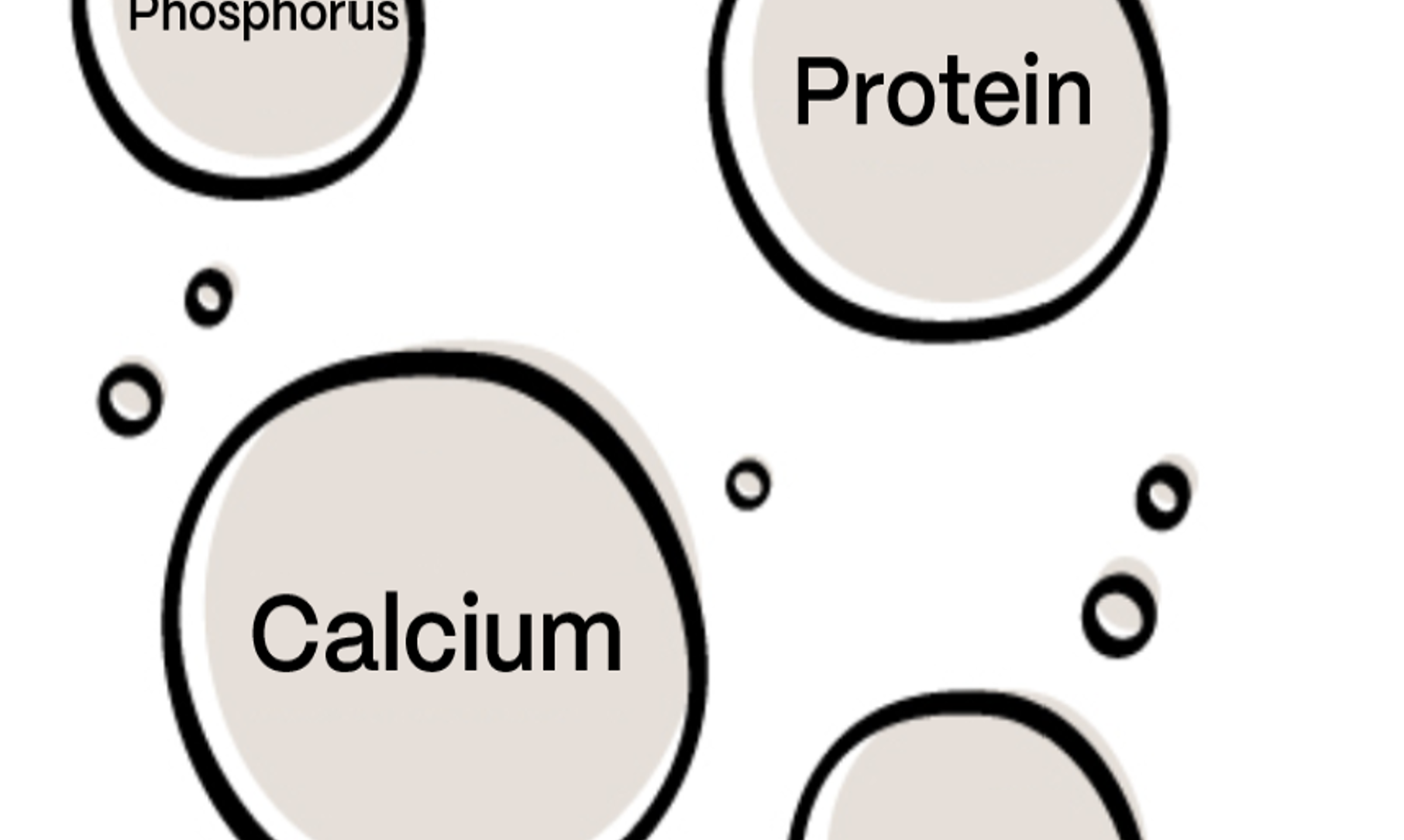
Advantages of school milk in aseptic carton
The different layers of a beverage carton serve to provide protection from moisture, air as well as light, and provide structure, while being designed for recycling. Together with the aseptic packaging technology, it allows food and beverage manufacturers to meet consumer demands for safe, nutritional, and tasteful products while offering a longer shelf life of up to 12 months without refrigeration or preservatives.
This is especially important in school settings where milk may need to be stored for extended periods before consumption.
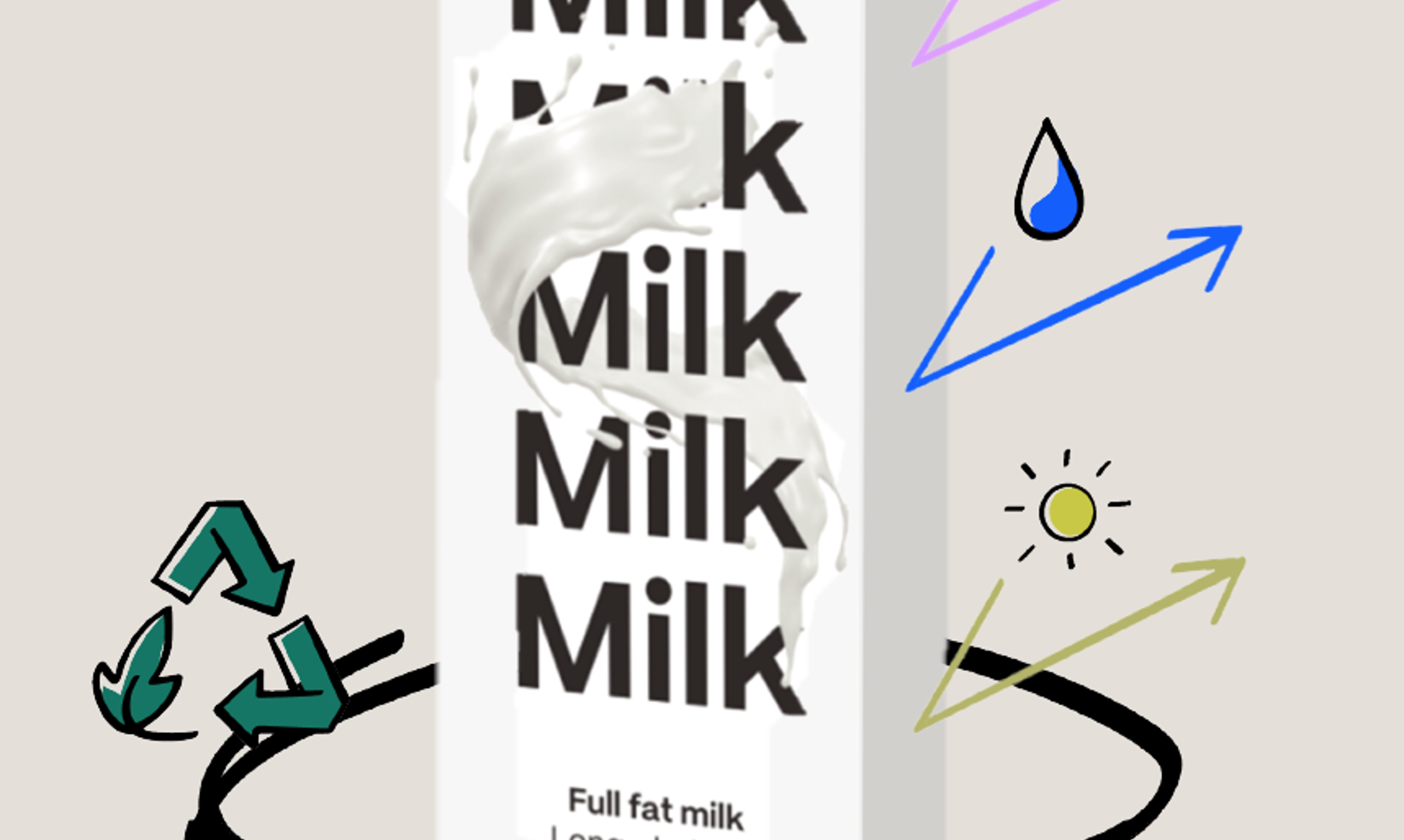
Shelf-stable milk can go from room temperature, to refrigerated and back to room temperature again without any adverse effects on quality or taste. This minimizes spoilage, can decrease food waste, and gives schools nationwide the opportunity for wider distribution possibilities and increased flexibility in utilizing milk, ultimately benefiting students' access to nutritious dairy products.
Aseptic carton – the sustainable choice for school milk
Aseptic cartons are made from a high share of renewable materials and are designed to be recyclable.
As a member of the Carton Council, SIG is actively working to increase recycling rates in schools by providing resources and guidance on how to implement carton recycling programs.
By incorporating carton recycling into their sustainability efforts, U.S. schools contribute to a positive environmental impact. Each year, these schools go through approximately 75,000 cartons on average. This not only helps champion sustainability but also serves as an opportunity to educate students about responsible waste management and environmental stewardship.
If you're interested in implementing carton recycling in your school, you can find helpful guidance in 'the Carton Council’s School Program Start-Up Guide' and 'School Best Practices Guide’
Nutrition in the lunch box
Besides having milk provided through school cafeteria programs or vending machines, students and their parents can find a big variety of aseptic milk drinks in carton in retail stores.
Parents can have an ease of mind using aseptic milk in carton for their kids’ lunch boxes as a nutritious. The cartons are light and compact, allowing them to fit easily into lunch boxes without weighing too much and taking up too much space.
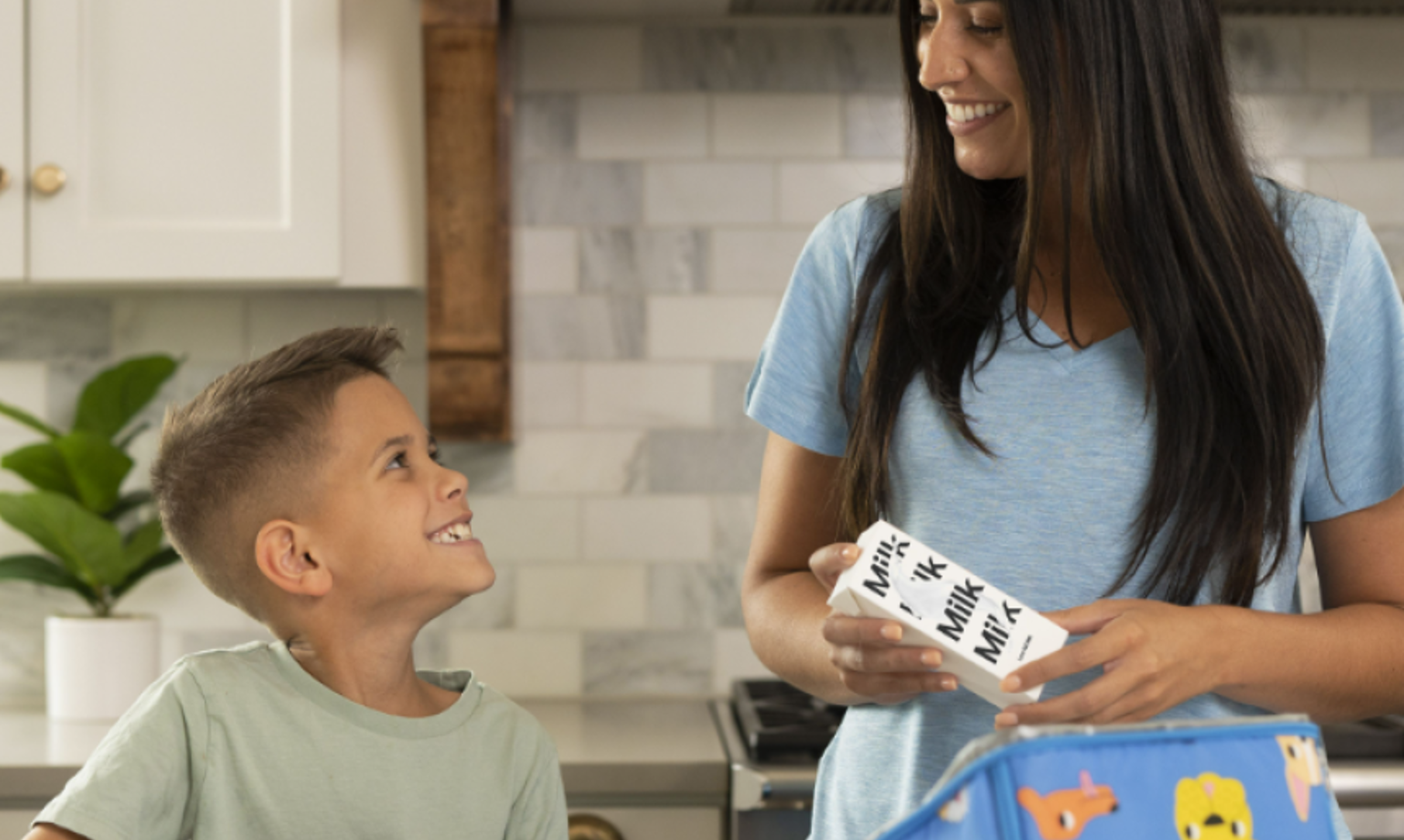
Cartons are also designed to be leak-proof, ensuring that the milk stays fresh and doesn't spill in the lunch box, avoiding any messy situations.
They can be bought in bulk and help to reduce the need for frequent trips to the grocery store. And unopened, the cartons can go back in the fridge or the pantry when they haven’t been consumed in school, at the ballpark, the field trip or other occasions. Parents can have the inward peace giving their kids a high-quality, tasty drink with all its natural nutrients, vitamins and flavors retained
Diversified Foods – putting smiles on the faces of students and school administrators nationwide.
Diversified Foods Inc. (DFI) renowned US food distributor known for its nutritious and convenient dairy products recently expanded their new product line in SIG MiniBloc on-the- go carton packs. As a food distributor not only serving retailers, sports teams, non-profits but especially schools, DFI focuses on the dietary needs of school children while working closely with school programs across the US.
Their new shelf-stable Pantry Fresh products under their own brand Marcel's Modern Pantry extend beyond lactose- free milk, featuring an on-the- go oat-based beverage and other milk varieties that combine exceptional taste with convenience.
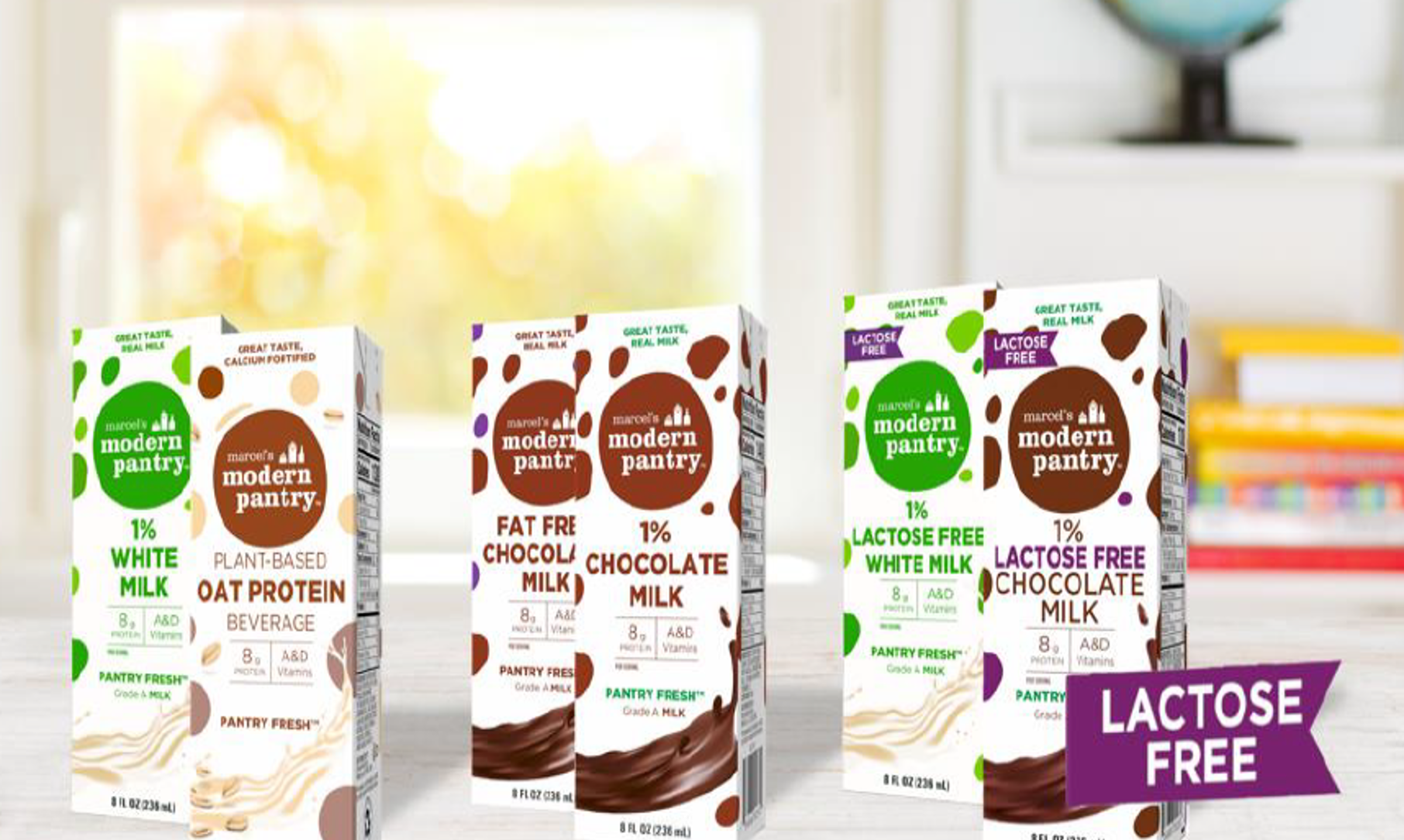
"We are dedicated to providing nutritious options for all students without compromising on taste as well as nutrients and minerals kids need to develop sharp minds and strong bodies. By introducing this shelf-stable Pantry Fresh product in the market, we aim to enhance the well-being of lactose-intolerant students and encourage their active participation in school nutrition programs."
Thomas d’Hemecourt, CEO at DFI
Reach out to us if you are interested in our packaging solutions for school, when you are interested in copacking options or more information around school milk. Subscribe to our monthly newsletter or follow us on LinkedIn for more insights into the packaging and food and beverage industry as well as updated on SIG’s latest innovations.
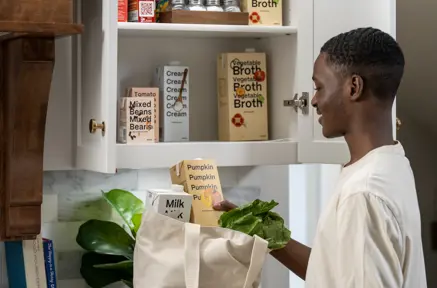
Innovation and partnership to improve global food access
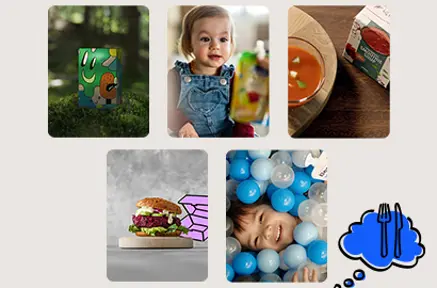
Unpacking the food and beverage industry

